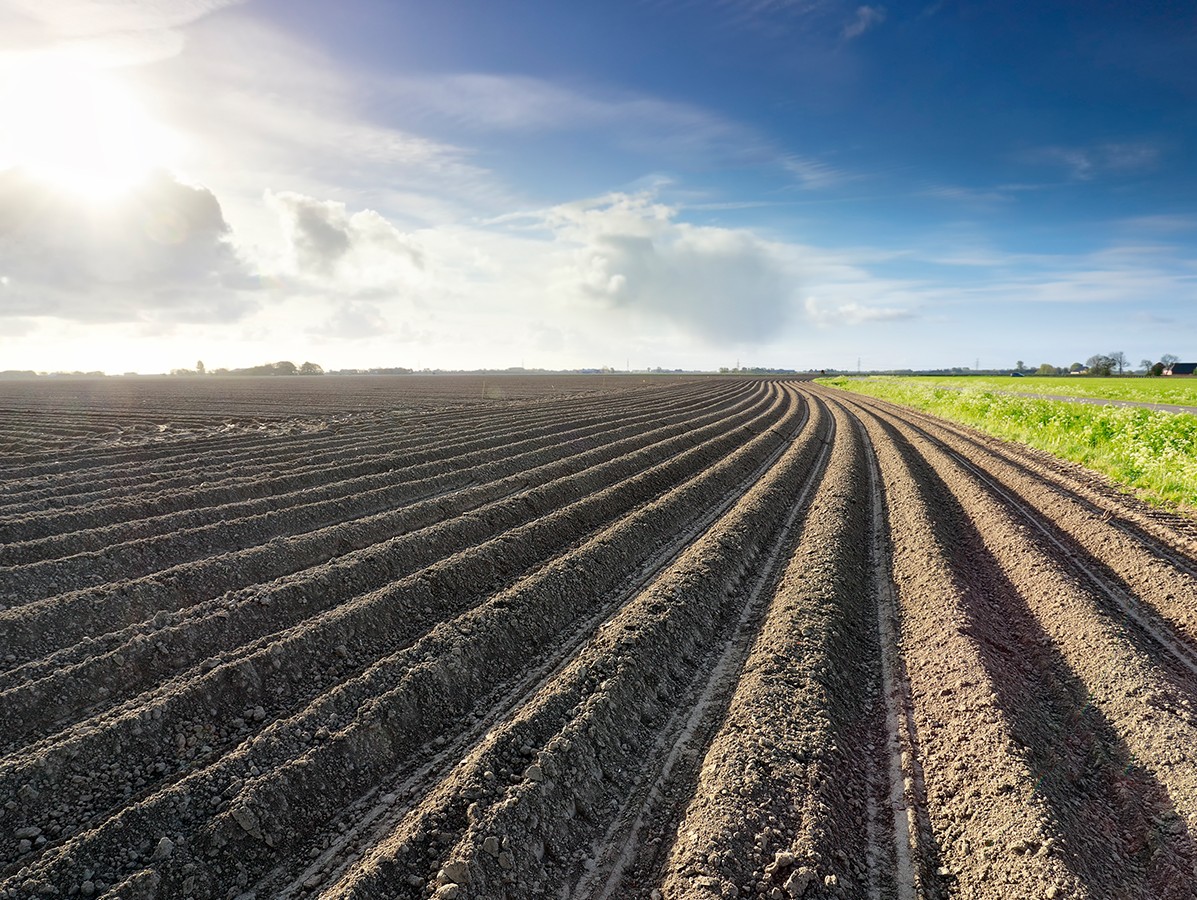
Minister Schouten of the Ministry of Agriculture, Nature and Food Quality (LNV) aims to make the Netherlands a leader in circular agriculture. However, they are still a long way from achieving this; the current production system is not future-proof.
Wageningen Economic Research explored the influence of lock-ins on policy and practice on the basis of discussions with representatives of the primary sectors, processors, retailers and policymakers. There is a willingness on the part of those involved to work on breaking through or reversing lock-ins, but the question of how to do it is still open. It is very important that all parties involved want to motivate and 'seduce' each other into more and better cooperation, based on a sense of urgency.
At the moment, the parties involved are still too stuck in old ways of thinking, interests and outdated earning models to be able to immediately start working with the circular agriculture system.
System lock-ins manifest themselves in dependencies as a result of globalization, liberalization and for the Netherlands also increasing dependence on technology.
With market lock-ins one is stuck in the idea of having to produce as cheaply as possible, because consumers are not always prepared to pay for sustainability.
In the case of governance lock-ins, farmers often have a feeling of powerlessness.
And transition lock-ins, the feeling that problems are too big and complex for solutions.
Stakeholders would like to see the government take on the role of director for the transition. There is a danger behind this; the parties involved are watching the government too closely. That is why it is wise to organise a governing role for organisations outside the government as well. The feeling of powerlessness in the chain and the pressure of debt to the bank that farmers have is now leading to path dependencies in which the farmer finds neither motivation nor opportunities for innovation. In order to offer perspective, all parties have a role to play, including the consumer. Collaboration on areas of expertise, disciplines and sectors, with a willingness to develop new insights, is of crucial importance in this respect.
The transition requires cooperation based on dialogue and a plan to be able to take small but essential steps from a sense of urgency and direction. The need for transition is vibrant and alive. The time is now ripe to get on with it and to tempt both people and organisations in the food system to get moving.
Source: © Wageningen Economic Research